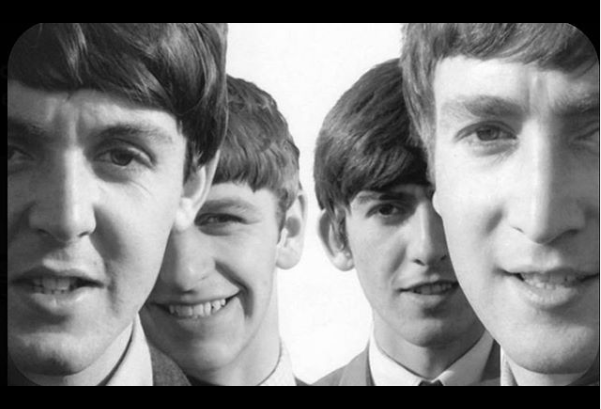The Beatles released “Eleanor Rigby” in 1966 as part of their Revolver album set. The tune is a one-of-a-kind offering for the legendary band, with merely a string orchestration and vocals from Paul McCartney over the verses. For a few minutes of typical Beatles harmony, the entire band chimes in on the chorus.
In a 2018 interview with GQ, Paul McCartney explained the song’s origins and purpose.
“Over the years, I’ve met a couple of others, and maybe their loneliness made me empathize with them. But I thought it was a great character, so I started this song about the lonely old lady who picks up the rice in the church, who never really gets the dreams in her life. Then I added in the priest, the vicar, Father McKenzie. And so, there were just the two characters. It was like writing a short story, and it was basically on these old ladies that I had known as a kid.”
McCartney, who wrote the majority of the tune, derived the title from actress Eleanor Bron, who featured in the Beatles’ 1965 film Help! “Rigby” came to him while he was in Bristol, England, when he stumbled upon a shop called Rigby and Evens Ltd. Shippers of Wine and Spirits He loved how the two names sounded combined since it felt organic and fit the pace he was writing in.
The track is a character study about “all the lonely people,” as the introductory chorus makes abundantly obvious, and the song’s elaborate string arrangement emphasizes the story Paul McCartney speaks about over the track’s three sections. Eleanor and Father McKenzie are each alone in their own worlds until they ultimately “meet” after Eleanor’s passing, with the priest burying her.
“Eleanor Rigby” was published only a few weeks after John Lennon stated the highly disputed declaration that “Christianity will go. It will vanish and shrink. I needn’t argue about that; I’m right and I will be proved right. We’re more popular than Jesus now.”
With the inclusion of a clergyman and several references to “no one was saved,” the piece might be seen as a dig at Christianity and the idea of being rescued by Jesus.
Despite the turmoil surrounding the group as a result of Lennon’s statements, the track mostly avoided criticism, probably due to the melodic violins rendering the song’s grim lyrics bearable.

